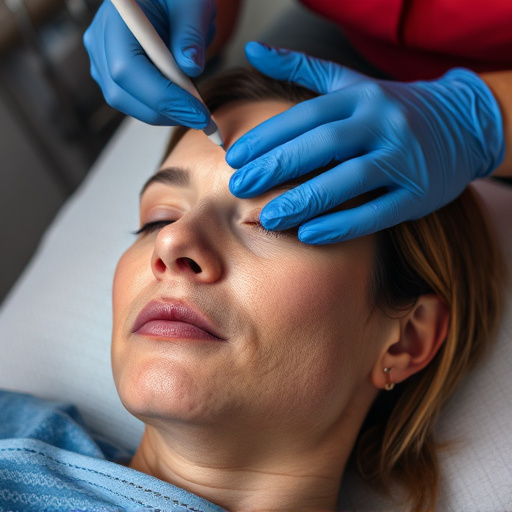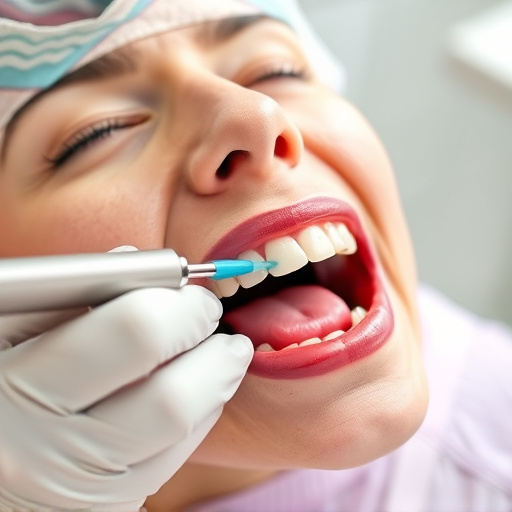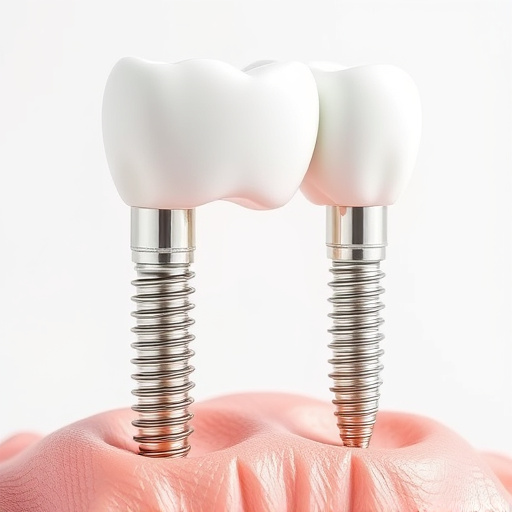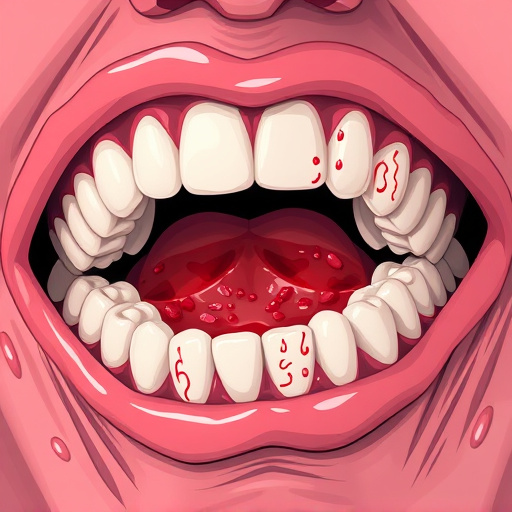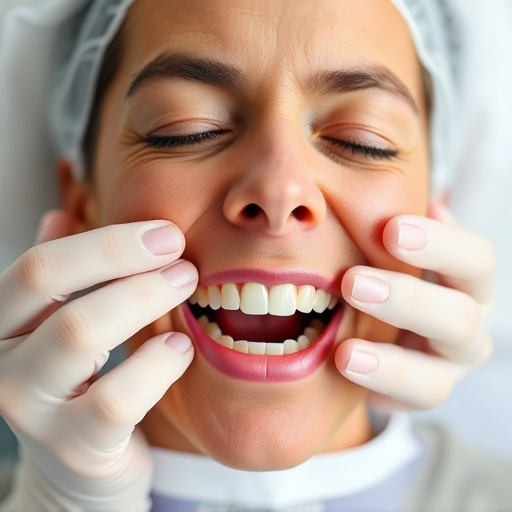Optimal dental health maintenance requires consistent brushing and flossing techniques with proper tools. Regular dental check-ups, preventive care, and a balanced diet rich in calcium, phosphorus, and vitamin D are key. Clear aligners support but do not replace routine hygiene and professional visits for comprehensive dental health maintenance.
Maintaining optimal dental health is a multifaceted routine that includes regular cleaning, preventative care, and mindful lifestyle choices. This article guides you through essential components of dental health maintenance. Discover effective brushing and flossing techniques designed to deliver thorough cleansing. Learn why regular dental check-ups are crucial for early detection of potential issues. Explore dietary and lifestyle habits that promote nutritious teeth and gums. Implement these strategies into your daily routine for a vibrant, healthy smile.
- Brush and Floss Effectively: Techniques for Optimal Cleansing
- Regular Dental Check-ups: Preventive Care and Early Detection
- Diet and Lifestyle Choices: Nutritious Habits for Healthy Teeth
Brush and Floss Effectively: Techniques for Optimal Cleansing
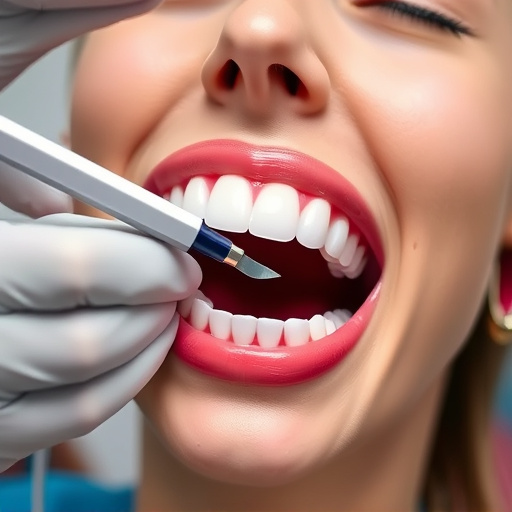
Maintaining optimal dental health involves a consistent routine that goes beyond regular visits to your dentist. A crucial component of this routine is efficient brushing and flossing techniques. Start by selecting the right tools; a soft-bristled toothbrush and fluoridated toothpaste are essential for effective cleaning. Hold your brush at a 45-degree angle to the gums, using small circular motions or gentle back-and-forth strokes to remove plaque and food debris. Ensure you brush all surfaces of your teeth, including the tongue, to promote fresh breath and prevent bacterial growth.
Flossing is another vital step in dental health maintenance. Use around 45cm of floss, winding most of it around your middle fingers, leaving a gap for your thumb. Gently guide the floss between teeth using a rubbing motion, forming a curve around each tooth as you reach the gum line. Be careful not to snap the floss onto gums, which can cause damage. Effective brushing and flossing techniques, coupled with regular dental check-ups, form the backbone of preventive dentistry, ensuring issues like wisdom tooth removal or restorative dentistry procedures become less frequent and less severe.
Regular Dental Check-ups: Preventive Care and Early Detection

Regular dental check-ups are an integral part of any robust dental health maintenance routine. These visits serve as a powerful tool for preventive care and early detection of potential issues. By maintaining a consistent dental hygiene regimen, you can significantly reduce the risk of tooth decay, gum disease, and other oral health problems. During these appointments, your dentist will thoroughly examine your teeth, gums, and mouth, identifying any signs of concern or areas requiring attention.
Early detection is key in dentistry, as many conditions can be managed or even reversed if caught promptly. Your dentist can also provide tailored advice on improving your dental hygiene practices and recommend suitable cosmetic dentistry procedures like cosmetic fillings to address minor imperfections, enhancing your overall oral health and aesthetics. Comprehensive dental care involves a holistic approach, focusing not just on treating problems but also on preventing them from arising in the first place.
Diet and Lifestyle Choices: Nutritious Habits for Healthy Teeth

Maintaining optimal dental health involves embracing a balanced diet and adopting lifestyle habits that support overall oral well-being. The foods we consume play a significant role in shaping our dental health, as certain nutrients contribute to strong teeth and gums while others can lead to decay and disease. Incorporating nutrient-rich foods like calcium, phosphorus, and vitamin D is essential for building and maintaining healthy teeth. Dairy products, leafy greens, and fortified foods are excellent sources of these vital minerals and vitamins.
Moreover, mindful dietary choices can prevent costly procedures such as tooth extractions and emergency dental care. For instance, reducing sugar intake can significantly decrease the risk of cavities, which, left untreated, may require extensive treatment. Additionally, staying hydrated and limiting acidic beverages can help maintain a neutral pH in the mouth, further safeguarding against dental issues. Clear aligners, while effective for some, are not a substitute for proper dietary habits; they are part of a comprehensive dental health maintenance routine that includes regular brushing, flossing, and professional check-ups.
Integrating effective brushing and flossing techniques, regular dental check-ups, and mindful diet and lifestyle choices into your routine is the cornerstone of optimal dental health maintenance. By adopting these practices, you empower yourself to prevent oral health issues, promote long-term wellness, and maintain a vibrant, healthy smile. Remember, consistent care today translates to fewer procedures and less discomfort tomorrow.






